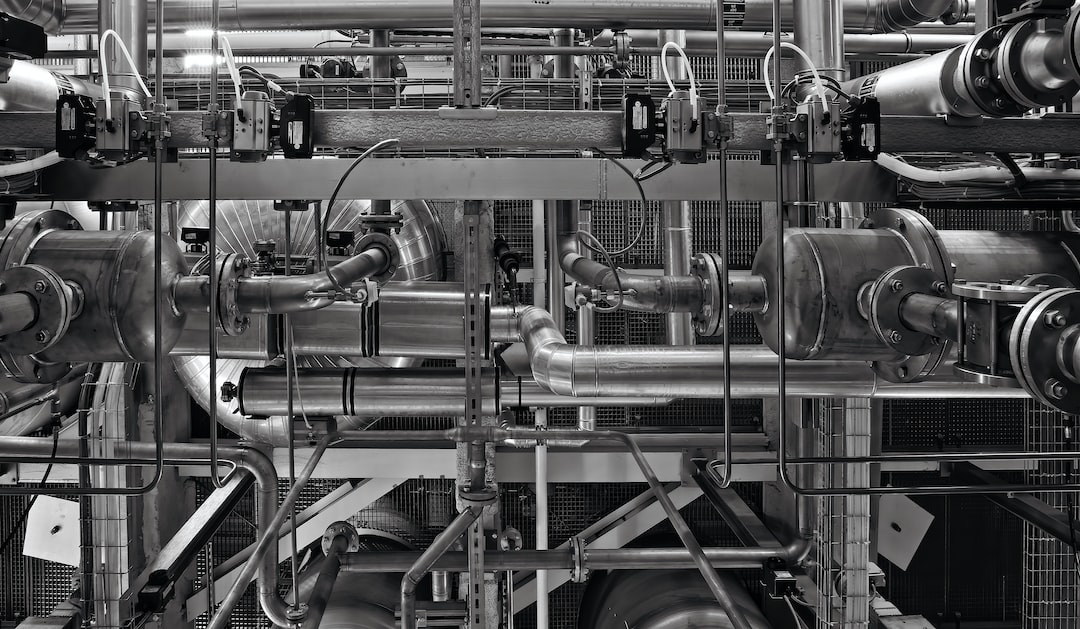How Technology is Redefining Manufacturing Processes
In recent years, technology has significantly transformed various industries and sectors, and manufacturing is no exception. The advent of new and advanced technologies has brought about a revolutionary change in the way manufacturing processes are being conducted. From automation to data analytics, these technological advancements have not only improved efficiency but also enhanced the quality of the products being manufactured. Let us delve into how technology is redefining manufacturing processes and the implications it holds for the future.
One of the significant ways in which technology has redefined manufacturing processes is through automation. Automation involves the use of machines and robotics to perform tasks that were previously done manually. This not only reduces the risk of human error but also increases productivity by speeding up the manufacturing process. For instance, in the automotive industry, robots are now used to perform complex tasks such as welding and painting, which improves precision, consistency, and safety.
Moreover, automation has also led to the integration of artificial intelligence (AI) in manufacturing processes. AI algorithms are now being used to analyze and process large amounts of data, allowing manufacturers to make more informed decisions. AI-powered systems can detect patterns in production data, identify potential issues, and even predict maintenance requirements, thereby minimizing downtime and maximizing efficiency.
Another way in which technology is redefining manufacturing is through the use of additive manufacturing, also known as 3D printing. Additive manufacturing involves building three-dimensional objects by layering materials based on a digital design. This technology has revolutionized prototyping and small-batch production, as it allows manufacturers to create complex and customized products with ease. 3D printing has not only reduced manufacturing costs but has also facilitated the production of lightweight and durable components that were previously unattainable.
Furthermore, technology has also enabled the implementation of smart manufacturing systems. Smart manufacturing uses sensors and internet-connected devices to collect real-time data from the manufacturing process. This data is then used to optimize operations, improve quality control, and reduce waste. For instance, sensors embedded in machines can monitor factors such as temperature, vibration, and energy consumption, providing manufacturers with valuable insights into the performance of their equipment. This enables proactive maintenance and prevents unexpected breakdowns, saving both time and money.
Additionally, the emergence of the Internet of Things (IoT) has also had a profound impact on manufacturing processes. IoT refers to the network of physical devices, vehicles, appliances, and other objects that are embedded with sensors, software, and connectivity. By connecting various devices and systems, manufacturers can achieve real-time monitoring, control, and optimization of their processes. For example, in supply chain management, IoT can be used to track inventory levels, predict demand, and optimize delivery routes, thereby streamlining operations and reducing costs.
Another significant technological advancement that has redefined manufacturing processes is the use of big data and analytics. With the massive amount of data generated in manufacturing operations, it becomes essential to analyze and gain insights from it. Data analytics allows manufacturers to identify trends, anomalies, and patterns in the data, enabling them to improve production efficiency and quality. For instance, predictive analytics can be used to forecast maintenance requirements, reducing downtime and preventing costly breakdowns.
In conclusion, technology is revolutionizing manufacturing processes in numerous ways. From automation and AI to 3D printing and IoT, these advancements have improved efficiency, accuracy, and productivity. Manufacturers can now produce customized products with ease and harness the power of big data to optimize their operations. As technology continues to advance, we can expect further innovations that will redefine manufacturing processes and shape the future of the industry. It is crucial for manufacturers to embrace these technological advancements to stay competitive in an increasingly digital world.

